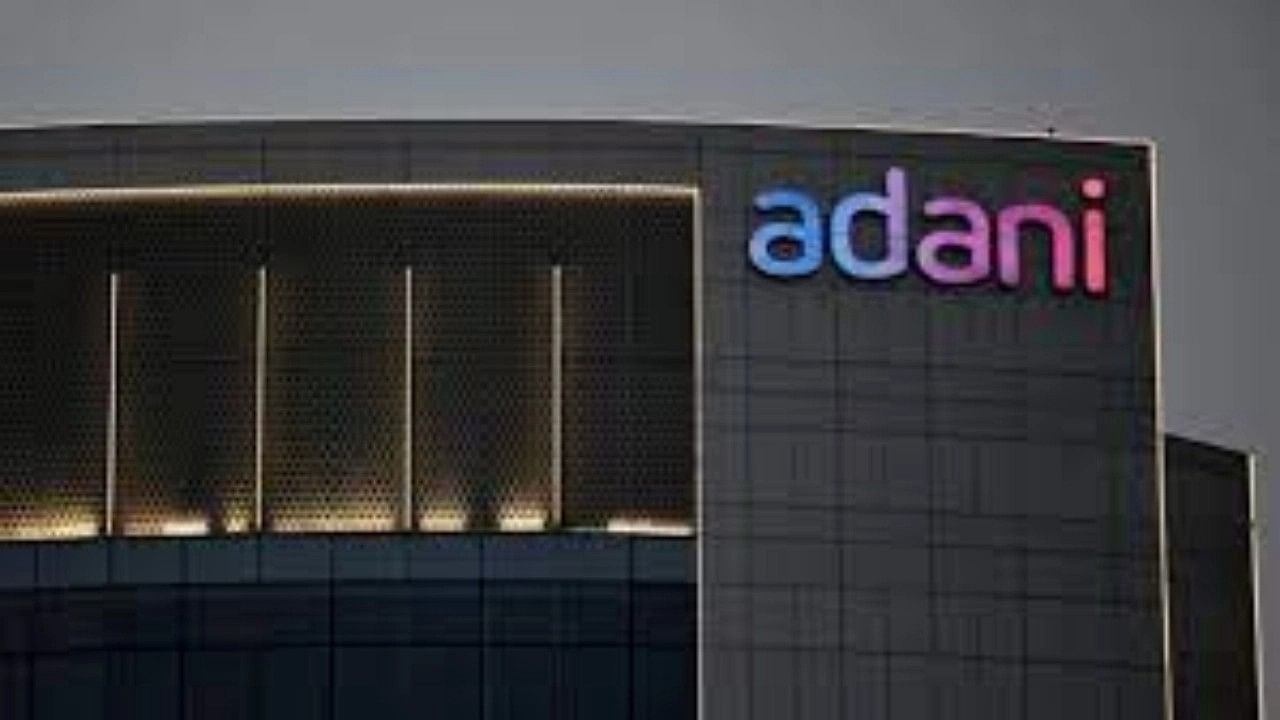
The conglomerate had vehemently denied all allegations as it redrew its strategy that included trimming debt through prepayments and repayments of borrowings.
Credit: Reuters Photo
New Delhi: It has a reputation of tearing down some of the best known corporates, and so when Hindenburg Research a year back accused the Adani Group of "brazen stock manipulation" and accounting fraud, it led to a stock market rout that erased about USD 150 billion in market value at its lowest point.
But unlike its previous targets, tycoon Gautam Adani, who was the world's second-richest man before the damning January 24, 2023 Hindenburg report, has managed to claw back the narrative on strength of his group's business fundamentals and performance as well as investors continuing to pour in money into his apples-to-airport conglomerate.
The conglomerate vehemently denied all allegations as it redrew its strategy that included trimming debt through prepayments and repayments of borrowings, paring the founder's share pledge and bringing in both promoter and marquee investor equity.
The strategy seems to be paying off with share prices of some of the 10 listed companies recovering all of the Hindenburg losses.
On a cumulative basis, the Adani Group's market cap at Rs 14.52 lakh crore is about 24 per cent below its previous record of Rs 19.23 lakh crore, reached before the Hindenburg Research report published on January 24, according to stock exchange data.
This has been helped by the Supreme Court observations that Hindenburg's report could not be considered as "credible" and nor should media reports be treated as "gospel truth".
The Hindenburg report had questioned the integrity of Adani's operations and cast a shadow of doubt over the very foundations on which the group's businesses were built.
The report said, "Even if you ignore the findings of our investigation and take the financials of Adani Group at face value, its key listed companies have 85 per cent downside purely on a fundamental basis owing to sky-high valuations."
The report not just played havoc on group stocks but had its ripple effect on the broader market.
Hindenburg strategy has been to place bets on stock and make profit once the share price falls after release of its reports.
Prior to Adani, Hindenburg placed bets on Twitter saying it believed that Elon Musk's USD 44 billion offer to take the company private could get repriced lower if the world's richest man walked away from the deal. Musk closed the Twitter deal in October 2022 at the original price.
In Adani's case, the data used by Hindenburg has come in for questioning. For example, Hindenburg reported high net debt-to-EBITDA ratios across group firms. But Adani investor presentations stated a different picture.
Hindenburg put the ratio at 4.1x for Adani Ports and 12.1x for Adani Green Energy, but the company's presentations put it at 2.8x for FY23 and 2.5x for the first half of FY24 in case of Adani Ports and for Adani Green Energy at 6.5x for FY23 and 4.9x for April-September, FY24.
The data differed for other companies as well.
Hindenburg had stated that the group was highly leveraged and was facing a precarious financial condition, something not reflected in the financial statements.
"Key listed companies have also taken on substantial debt, including pledging shares of their inflated stock for loans, putting the entire group on precarious financial footing," the report had said.
A year later, Adani Group has clawed back the narrative with resilient financial and operational performance. Its revenues continued to grow, helping it reduce debt, meet financial obligations, boost stability and make strategic investments to further its growth and expansion plans.
All 15 listed group bonds bounced back and are trading at pre-Hindenburg levels, according to market data.
Adani Group has over USD 5 billion (Rs 41,500 crore) in equity and a double of that in debt since Hindenburg.
Star investor GQG Partners bought stakes worth almost USD 4.3 billion in five group companies between March and August while Qatar Investment Authority (QIA) and French energy giant TotalEnergies poured in USD 770 million in renewable energy firm Adani Green Energy Ltd, according to company filings and stock exchange data.
Parallelly, the promoters infused USD 4.6 billion to repay loans against shares, servicing loans taken for cement acquisitions and supporting green investments.
While the equity raise helped shore up investor confidence, the group re-established its bankability with USD 6.4 billion of loans raised across five companies and refinancing of USD 3.5 billion debt taken to fund the 2022 acquisition of ACC and Ambuja Cement.
Alongside, it continued with its Mergers and Acquisitions (M&As), acquiring Sanghi cement for USD 431 million, 49.38 per cent in Indian Oil Tanking for USD 128 million, Karaikal port for USD 181 million, and Coastal Energen for USD 420 million, filing and stock exchange data showed.
Adani Group's pre-tax profit, or EBITDA, of its portfolio companies jumped 47 per cent in the first half of the current fiscal year to Rs 43,688 crore on growth across businesses.
It plans a Rs 7 lakh crore capital expenditure over the next decade for expanding its infrastructure business, according to a recent investor presentation by the company management.
Six companies, including power, ports, and airports, aim to utilise bond markets for funding. Around 80 per cent of funding will come from global debt issuances, with the remainder from domestic sources.
The surge in Adani Group stocks boosted Chairman Gautam Adani's wealth, reaching almost USD 91 billion, according to the Bloomberg Billionaires Index.
This propelled him to the 14th position in the global rich list. Mukesh Ambani of Reliance Industries Ltd. is ranked 12th with a wealth of USD 99.3 billion.
Headquartered in Ahmedabad, the Adani portfolio is the largest and fastest-growing portfolio of diversified businesses in India with interests in logistics (seaports, airports, logistics, shipping and rail), resources, power generation and distribution, renewable energy, gas and infrastructure, agro (commodities, edible oil, food products, cold storage and grain silos), real estate, public transport infrastructure, consumer finance and defence.